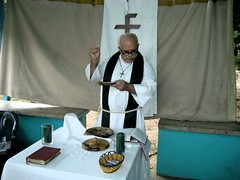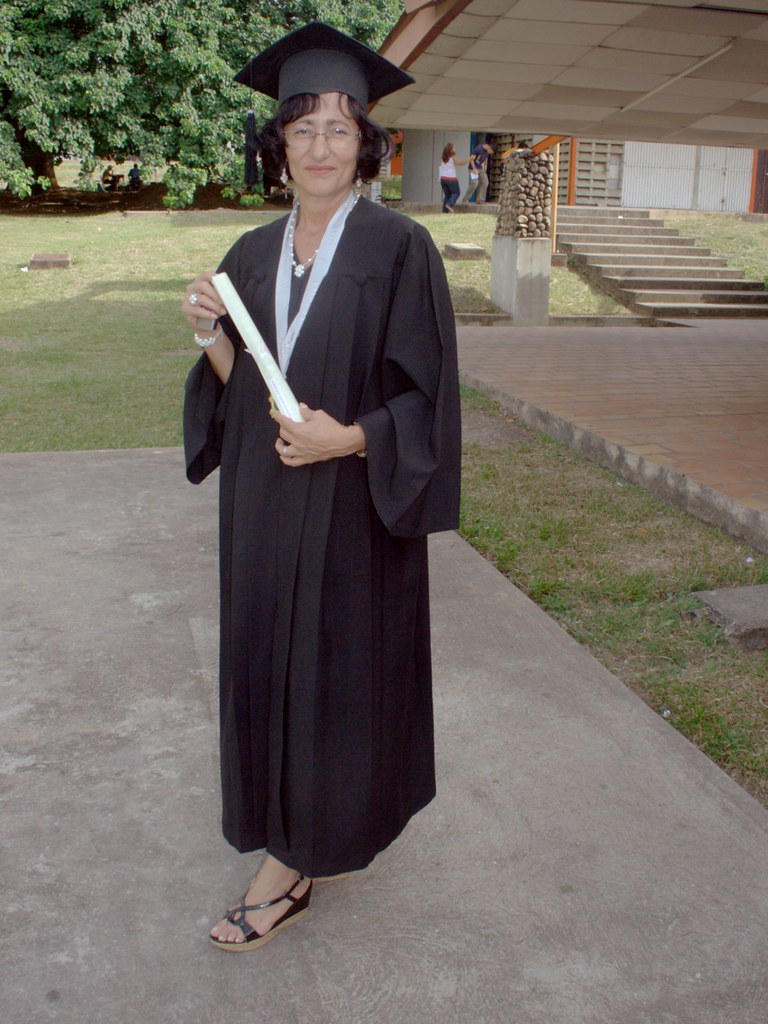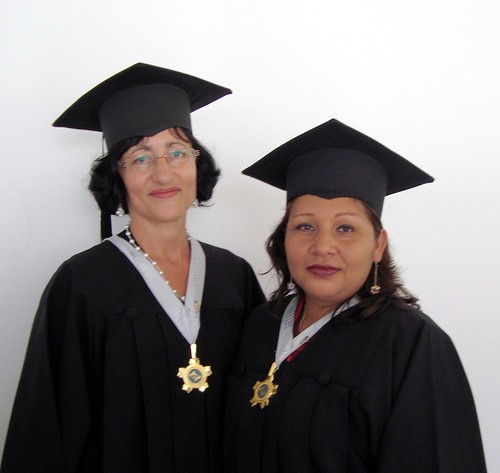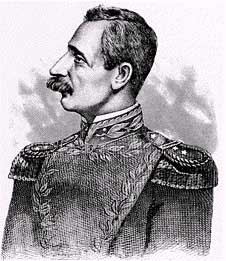 | |
| Symbol of the Trinity in window of Roca de Eternidad Lutheran Church, Quebrada Seca, Monagas, Venezuela. |
| (Photo credit: Wikipedia) |
The Gospel text was Matthew 28:18-20, “Go therefore, and make disciples of all nations, baptizing them in the name of the Father, and of the Son, and of the Holy Spirit, teaching them to observe all things that I have commanded you; and, lo, I am with you always, even to the end of the world. Amen.”
So, as I tried to explain, how do we derive from this verse and others like it, three great creeds, all of which speak of the Holy Trinity, and its significance for the life and work of Jesus Christ, and the life and mission of the church? Why is each creed, which roughly follow each other in chronological order, longer and more complex than the last?
Because many false prophets have gone out into the world (1 John 4:1) and their purpose is to sow confusion and error at first, and, if possible, silence teachers of the pure doctrine. So important is a proper understanding of the Trinity to Christian faith that it has never ceased to be a target for those who would undermine that faith.
It is not that the Bible is not clear on this point. A plurality of persons in one Godhead is implied in the Old Testament (“The Spirit of God was hovering over the face of the waters.” (Genesis 1:2), “Let us make man in our image” (Genesis 1:26) and made explicit in the New Testament.
- “All things have been handed over to me by my Father, and no one knows the Son except the Father, and no one knows the Father except the Son and anyone to whom the Son chooses to reveal him.” ((Matthew 11:27)
- “No one can come to me unless the Father who sent me draws him.” John 6:44
- Jesus said to him, “I am the way, and the truth, and the life. No one comes to the Father except through me.” (John 14:6)
- “Whoever has seen me has seen the Father. How can you say, ‘Show us the Father’? Do you not believe that I am in the Father and the Father is in me? “ (John 14:9-10)
- “No one can say Jesus is Lord except in the Holy Spirit.” (1 Corinthians 12:3)
Nevertheless, false prophets always use the same strategy as the serpent did with Eve, and the Devil in his temptation of Jesus. “Has God really said....” “Is it not written....” Always a great show of Scriptural knowledge with the suggestion that the clear teaching of Scripture cannot be taken at face value.
| English: Nicene Creed, P.Oxy.XVII 2067 Русский: Никейский символ, P.Oxy.XVII 2067 (Photo credit: Wikipedia) |
This is so important because the Trinity is not some human conception of what God is like, but is how God has revealed Himself to us. The Christian faith is not primarily a collection of timeless truths that can be expressed in a variety of ways in different cultural settings. It is based on testimony of divine intervention in human history. The true God is not a hidden or silent God, but One who has spoken and acted, and made promises to those who believe in Him. And He has told us that we must think of Him as Father, Son and Holy Spirit, three distinct persons in one Godhead, for that is how we must understand how Jesus could be both true God and true man, thus winning for us salvation and eternal life.
Nor will it do, in the interest of political correctness, to substitue some formula like “Creator, Redeemer and Counselor” for “Father, Son and Holy Spirit.” These title refer to the works of God, not the distinct persons of the Trinity. Often we think of the Father as being primarily involved in the work of creation, but so were the Son and the Spirit (John 1:1-5 and Genesis 1:2). Likewise, the Father and the Spirit had their parts to play in the work of redemption, and the Father and the Son in the work of sanctification. But, above all, if we baptize in some other name (and it is singular in the original text) than Father, Son and Holy Spirit, we are not administering the sacrament as the Lord commanded.
God is not silent – and neither are we. When we confess any one of the three great creeds, we respond to God s revelation of Himself in the words of Scripture by saying, “Yes, we understand and believe this.” We do this in the great company of all believers who have lived, are now living and will live. Amen.















![Reblog this post [with Zemanta]](http://img.zemanta.com/reblog_e.png?x-id=d38176eb-d289-4fcf-9fe5-e5e34726a6c0)